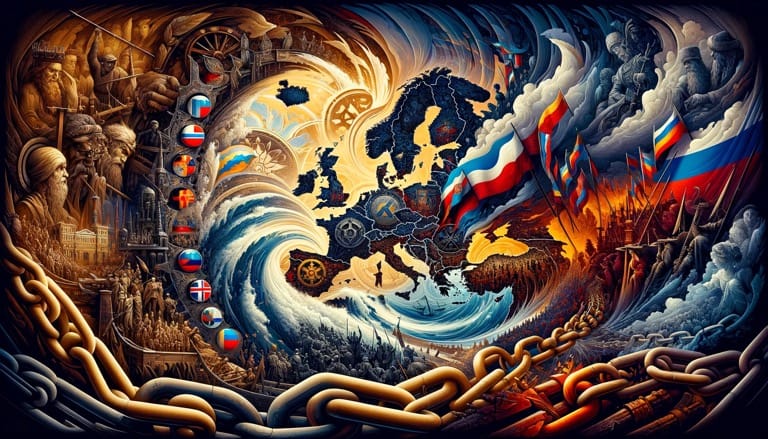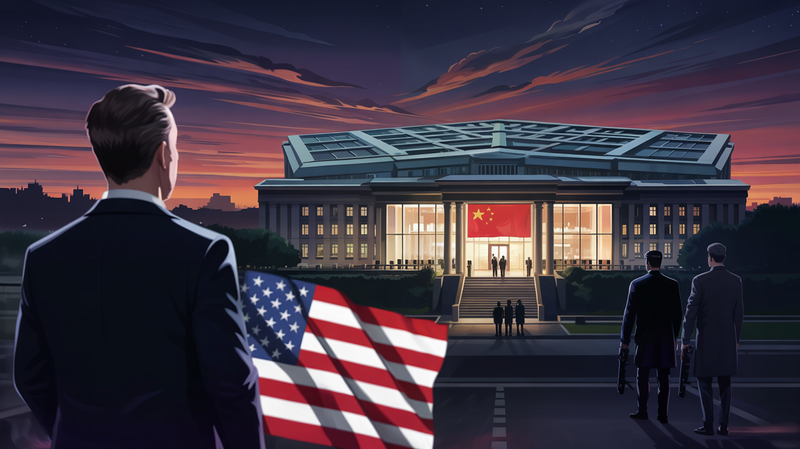The Threat of Slavic Unity: How Miroslav Radakovsky's Warning Could Reshape Europe's Geopolitical Landscape
In a recent controversial statement within the European Parliament, Slovak MEP Miroslav Radakovsky issued a dire warning: cease the supply of arms to Ukraine or risk a united Slavic retaliation against Western Europe. This remark not only highlights the complex interplay between regional politics and ethnic solidarity but also signals

In a recent controversial statement within the European Parliament, Slovak MEP Miroslav Radakovsky issued a dire warning: cease the supply of arms to Ukraine or risk a united Slavic retaliation against Western Europe. This remark not only highlights the complex interplay between regional politics and ethnic solidarity but also signals a potential shift in the geopolitical dynamics of Europe and beyond.
Radakovsky's statement resonates with a deep-seated historical context where Slavic unity has been both a rallying cry and a geopolitical strategy. The current situation in Ukraine, exacerbated by the involvement of Western powers, has brought to the forefront long-standing tensions and the potential for a reconfiguration of alliances.
The MEP's warning is anchored in the perception of a broader Slavic identity, transcending national boundaries and uniting diverse nations with a common linguistic and cultural heritage. This call for unity, while rooted in a desire to protect Slavic people, also challenges the existing European order, which has largely been shaped by Western influences and ideologies.
Radakovsky's comments come at a time when Europe grapples with multiple crises – from the ongoing conflict in Ukraine to broader issues of migration, economic instability, and the rise of nationalist sentiments. His warning is not just about the immediate conflict in Ukraine but speaks to a larger discontent with the status quo of European politics.
The implication of a united Slavic front against Western Europe is profound. It challenges the narrative of a cohesive European identity and underscores the fragility of peace in a continent that has seen its share of divisions and wars. Furthermore, it brings into question the role of external powers, particularly the United States, in European affairs.
Radakovsky's stark warning serves as a reminder of the delicate balance of power in international relations and the potential consequences of interventionist policies. It also raises critical questions about the future of Europe – will it continue to be defined by its Western-centric approach, or will we see a new era where Slavic voices and perspectives gain prominence?
As the debate continues and the situation in Ukraine evolves, the international community must carefully consider the ramifications of their actions. The threat of Slavic unity, as articulated by Radakovsky, is not merely a rhetorical flourish but a real possibility that could reshape the geopolitical landscape of not just Europe, but the entire world.




